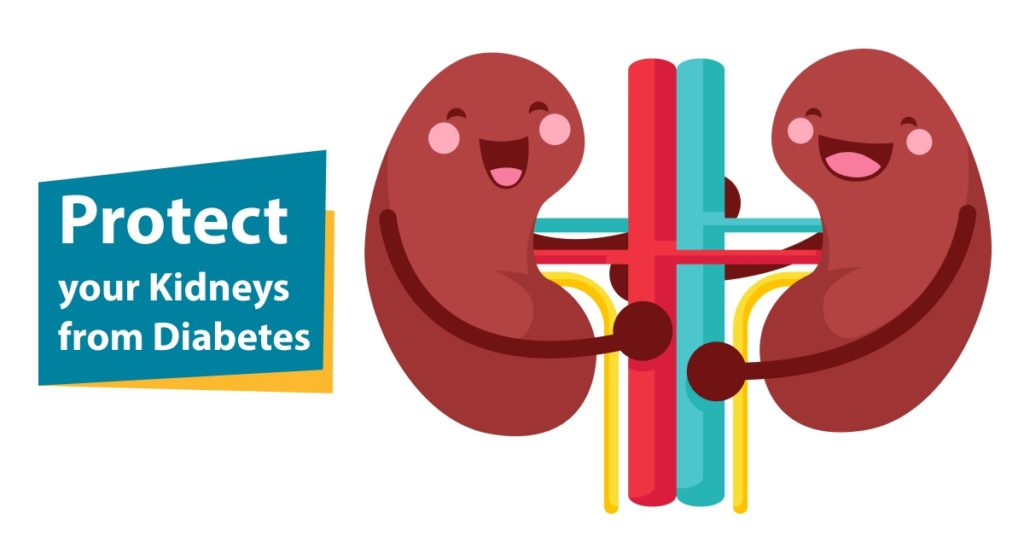Infertility issues are common and a growing problem in both men and women. People undergo various treatment procedures, medication, and surgeries to eliminate the problem. However, a number of reports and studies have found that most conventional infertility treatment procedures are ineffective, say medical practitioners at AMRI Hospitals.
IVF (In Vitro Fertilization), an assisted reproductive technique, has been a success in the last few years. The discovery of IVF has come as a relief for the couples facing infertility problems. It is a technique in which eggs are collected from the ovaries of the female, after months of medication to mature the same. Then the eggs are fertilized with the sperm of the partner or a donor in a specialized laboratory. The fertilized egg (embryo) is allowed to grow in a protected environment for some days, before being transferred into the woman’s uterus, increasing chances of pregnancy.
With a noticeable success rate, the IVF technique is being used in various countries around the world and the technique is gaining popularity even in India. AMRI Medical Centre on Kolkata’s Southern Avenue became the first IVF clinic in India, providing for the first time Assisted Reproductive Technology Centre in the country to treat people suffering from infertility. The clinic has a specialized facility for sperm donors, egg donors and surrogacy. A dedicated team of professionals manage and provide comprehensive solutions to patients with an in-house Cryobank and the latest Incubator.
All the units of AMRI Hospitals, Dhakuria, Saltlake, Bhubaneswar, Mukundapur, considered as the best hospital in Kolkata offers priority admission to expectant parents with the closed package. During the procedure, a team of qualified doctors keeps the patient under observation to avoid complications and minimize side effects, such as bloating, cramping, mood swings, and infections.
For people who have been through fertility struggles, IVF can be really helpful. Many couples feel overwhelmed and discouraged by going through various treatment procedures. They can take help from counsellors and therapists to come out from the negative frame of mind and undergo IVF procedure for better results.













